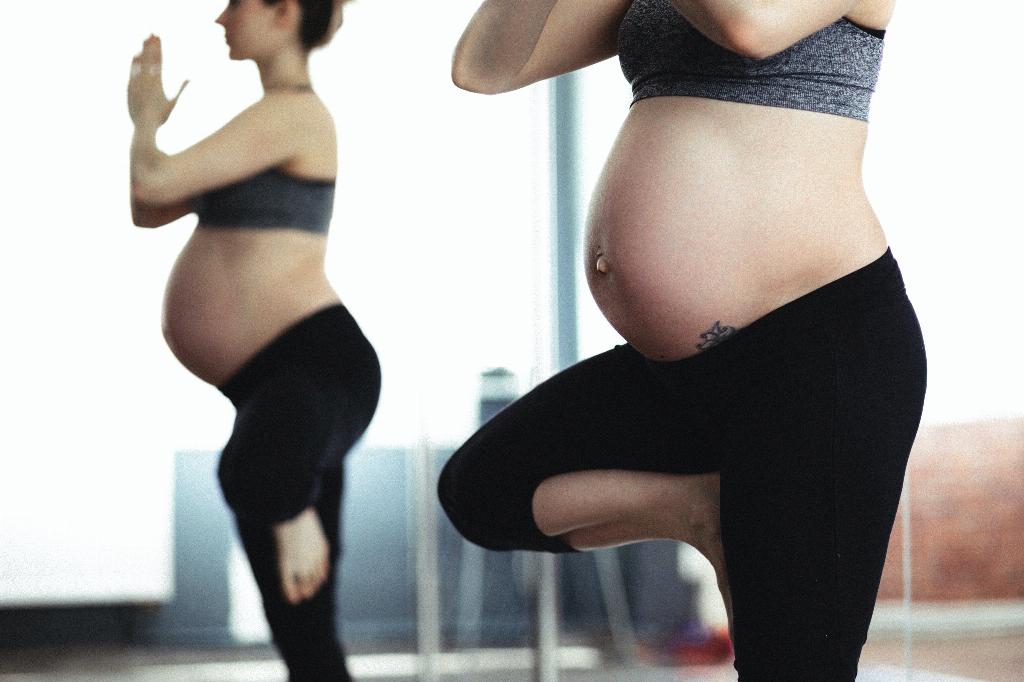So, you’re in a scenario where you have an IUD, and suddenly, the thought of being pregnant crosses your mind. The uncertainty can be unsettling, leaving you wondering whether you should take a pregnancy test or not. Let’s delve into this topic and shed some light on whether you should take a pregnancy test if you have an IUD.
Understanding IUDs and Pregnancy
Firstly, it’s crucial to understand how IUDs work and their effectiveness in preventing pregnancy. An intrauterine device (IUD) is a small, T-shaped device that is inserted into the uterus to prevent pregnancy. While IUDs are highly effective, with a less than 1% failure rate, there is still a small chance of pregnancy occurring while using this form of contraception.
Indications for Taking a Pregnancy Test
If you suspect that you may be pregnant while having an IUD in place, there are certain indications that may prompt you to take a pregnancy test. One of the key signs is a missed period, especially if your periods have been regular up to this point. It’s essential to remember that a missed period does not always indicate pregnancy, but it is a common early sign.
Timing of the Pregnancy Test
Timing is crucial when it comes to taking a pregnancy test if you have an IUD. If your IUD has not caused any changes to your menstrual cycle, you can take an over-the-counter (OTC) pregnancy test on the first day of your missed period. However, if your IUD has led to irregular periods or your periods have stopped completely, it’s advisable to wait one to two weeks after suspecting a possible pregnancy before taking a test.
Accuracy of OTC Pregnancy Tests
It’s important to note that OTC pregnancy tests are highly accurate, with a success rate of almost 99%. These tests work by detecting the presence of human chorionic gonadotropin (hCG) hormone in your urine, which is produced during pregnancy. However, to ensure the most accurate result, it’s recommended to follow the instructions provided with the test kit carefully.
Consulting a Healthcare Provider
If you are unsure about whether to take a pregnancy test or are concerned about the results, it’s advisable to consult your healthcare provider. They can provide you with guidance, answer any questions you may have, and offer necessary support and care throughout the process.
Next Steps After Taking a Test
After taking a pregnancy test, regardless of the result, it’s essential to consider the next steps. If the test is negative and you continue to experience symptoms of pregnancy or have concerns about your contraceptive method, it’s advisable to seek medical advice.
Counseling and Support
Facing the possibility of pregnancy while having an IUD can be a challenging and emotional experience. It’s important to seek counseling and support from your healthcare provider, a counselor, or a trusted individual to navigate through this situation with guidance and reassurance.
Reevaluating Your Contraceptive Method
If you find yourself in a situation where the thought of pregnancy arises while using an IUD, it may be a good time to reevaluate your contraceptive method and discuss alternative options with your healthcare provider. They can provide you with information on other forms of contraception that may better align with your needs and preferences.
Conclusion
In conclusion, the decision to take a pregnancy test if you have an IUD ultimately depends on your individual circumstances and concerns. Keeping an open line of communication with your healthcare provider, staying informed about your contraceptive method, and being aware of the signs that may indicate pregnancy are essential aspects of managing your reproductive health effectively.

